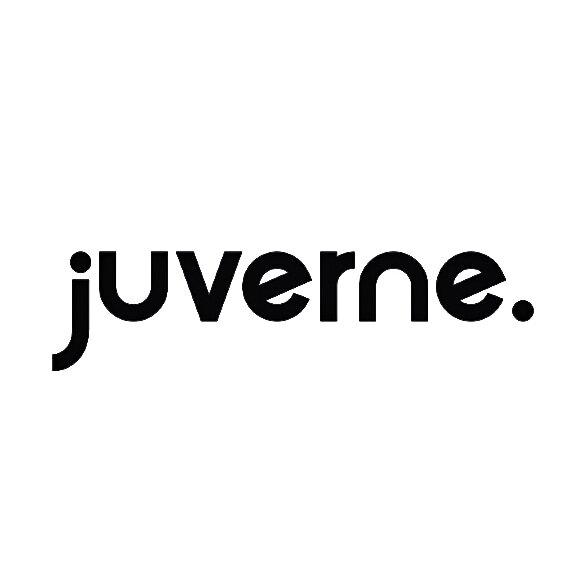Aging Of Hair
Juverne MD, Dr Yadav was featured in the Reader's Digest in April 2019 speaking on hair issues including hair fall and thinning.
Read her thoughts below and the full article at the RD website:
http://www.rd.com/health/beauty/anti-aging-hair-care/
1. Environmental factors like UV rays in sunlight, air pollution, changes in humidity, wind and chemicals in hair products and procedures, have a negative impact on hair growth. They produce free radicals or reactive oxygen species that damage hair cells and disrupt the normal biochemistry of hair - thus making hair age faster and damage prone,
2. The outer layer of hair contains keratin protein and melanin pigment - which protect the hair from UV radiation related hair damage - by neutralizing the harmful free radicals.
Grey and white hair, red and blonde hair thus are more prone to damage from external factors. Damaged hair is thinner, rougher & weaker with split ends and easy breakage.
3; DAILY SHAMPOOING can damage hair as well - "Shampooing daily removes the oily protective sebum layer of sebum that covers the hair, causing the shaft to dry out and making it more damage prone. If you do sweat a lot or like to wash hair frequently, use baby products which are formulated to be milder and maintain the moisture levels of hair. Avoid hot baths and hot styling too often.
4. Tying hair too tight - in a bun / ponytail / braids or any style that constantly tugs at the roots will cause headaches, pain in the scalp and persistent weakening of the roots, with gradual hair fall and even baldness - called TRACTION ALOPECIA. Solution: tie haif loosely and change the way you part your hair from time to time to avoid pressure.
5. Menopause causes thinning and fall of hair in almost all women - due to the decrease in estrogen levels that are a normal part of menopause. However in some women this can be extremely severe and may even potentially cause patchy balding. To counter this type of FEMALE PATTERN HAIR LOSS around menopause -
consume a diet rich in phyto-estrogens (natural plant based sources of compounds that have a similar structure and effect to estrogen) - such as flax seeds, sesame, soy, oats, fenugreek seeds, and see a doctor about medication to correct any other underlying hormone imbalance (like thyroid disorders)
consume adequate amounts of spinach, jaggery and meat which contain iron; dairy / eggs which contain calcium and take supplements to correct any deficiencies
avoid overuse or very frequent use of hair coloring, heat or chemical treatments of the hair and use moisturizing & strengthening protein shampoos and conditioners.
References:
https://www.ncbi.nlm.nih.gov/pmc/articles/PMC5419032/


